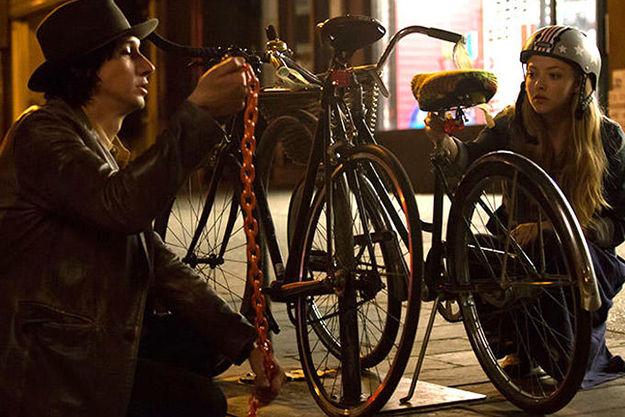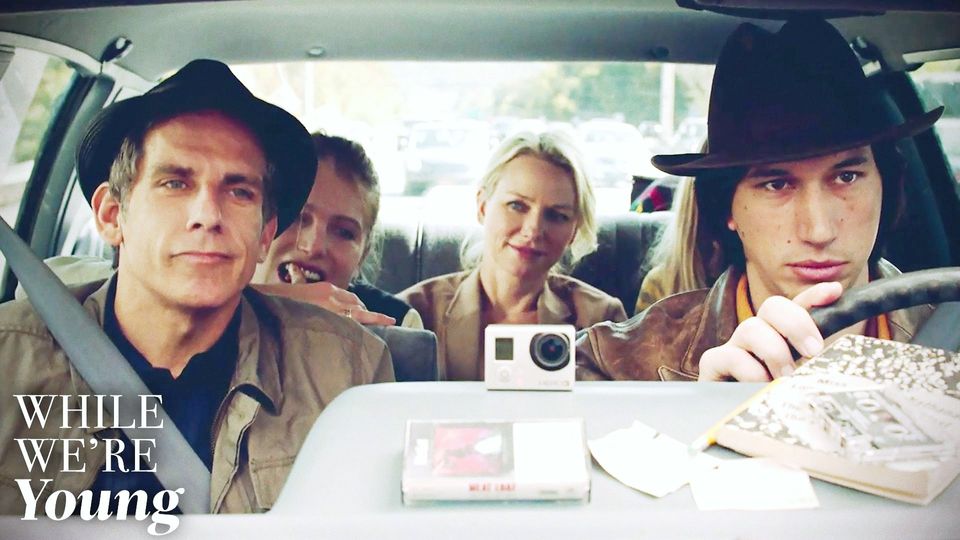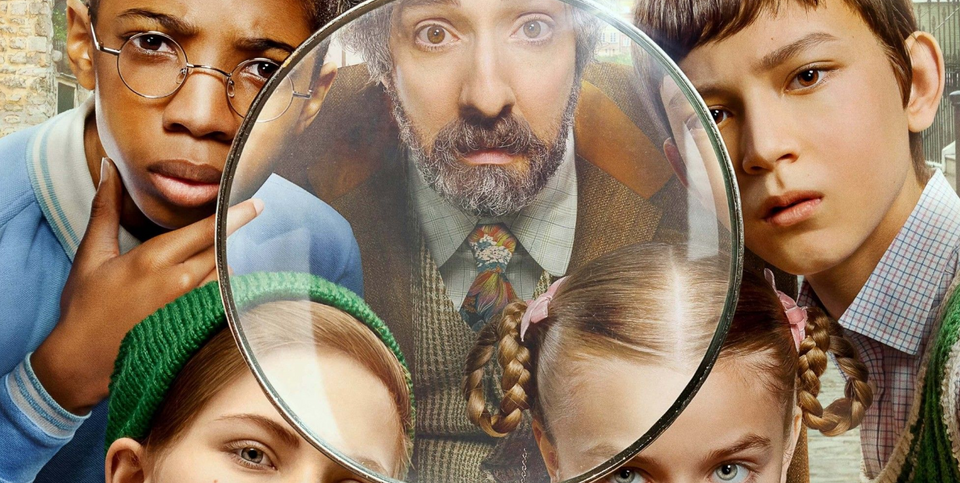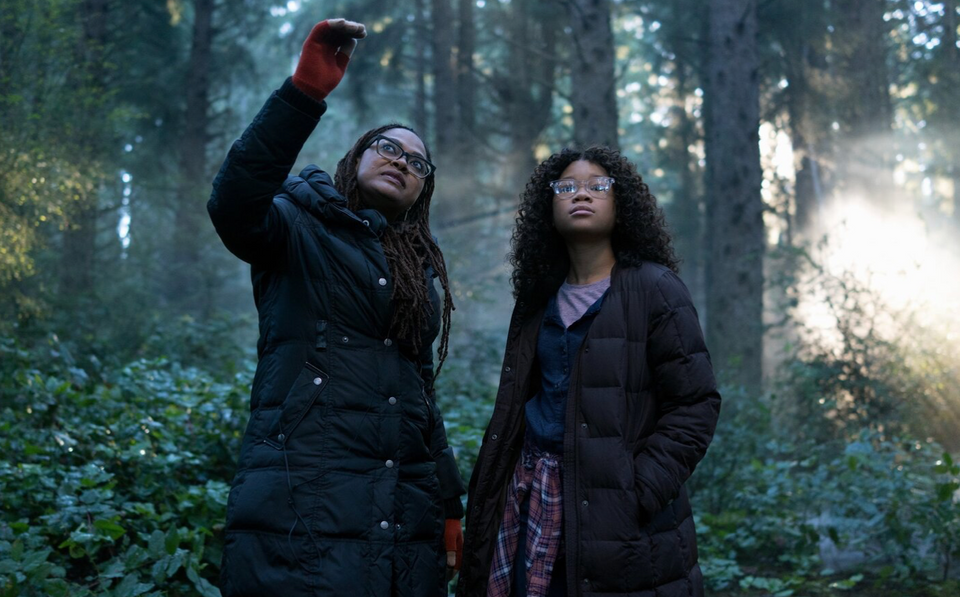I dare you to scroll any vein of social media for thirty seconds without colliding with authenticity. If you do so successfully, I applaud you for somehow finding a trapdoor from the confusing cultural crisis of #liveauthentic—as I write, there are nearly 5.9 million Instagram posts with the hashtag.
Should you choose to continue down the rabbit trail of local lavender lattes alongside styled succulents, it won’t take you long to find Socality Barbie, which The Atlantic describes as “a tongue-in-cheek Instagram account [that] underscores the paradox of social-media authenticity.” Socality Barbie’s creator, who chooses to remain anonymous, said in an interview with The Atlantic: “I created the account to make fun of the people who were using the ‘liveauthentic’ hashtag on Instagram. All their pictures looked alike to me and I couldn’t tell them apart anymore so it just didn’t seem all that authentic.”
Unfortunately, I have played the part—the stay-at-home mom crafting a cunning caption about gracious, attentive living while simultaneously shushing the screaming toddler vying for my attention. Maybe that’s why Socality Barbie stings a little, because it’s true of me and my millennial cohorts who get so wrapped up in the hustle toward our own brand of authenticity that we spiral into just the opposite until our lives fade into the 5.9 million others. In our striving pursuit of authenticity as a brand, we may risk losing our authenticity altogether.
I felt a similar sting of conviction while watching Noah Baumbach’s 2014 “dramedy” While We’re Young. Employing two couples, Josh and Cornelia Srebnik and their younger counterparts Jamie and Darby Massey, Baumbach draws an important distinction between an “authentic” lifestyle and an actual life. While the duos, particularly the men, have some blatant differences, each strives after his own idea of success at the expense of his marriage and career. Baumbach’s point here is clear: pursue a life of shiny authenticity without the grit of soul-mining and you don’t have authenticity at all—you have a wobbly framework, waiting to fold in on itself.
Who would succumb to the rickety framework first: Josh or Jamie? I found myself equal parts motion sick and entertained as the film volleyed me between the two different characters, both about to collapse. Not surprisingly, Baumbach paints Jamie (Adam Driver of HBO’s Girls) and his wife Darby (Amanda Seyfried of Mean Girls) as millennial archetypes: a manic-pixie-dream-couple housed in a Brooklyn loft with a flaky female roommate, reclaimed wood shelves littered with vintage vinyl, and, predictably, a cage full of chickens.

On the other side of the fence reside Josh and Cornelia (played by Ben Stiller and Naomi Watts respectively), an unglamorous forty-something couple disgruntled about their advancing age. One of the first scenes of the film pictures the couple visiting friends who’d recently had a baby. Upon leaving, the Srebniks question their decision not to have children, justifying it with the freedom childlessness affords them: “The point is we still have freedom,” Josh says. “What we do with it isn’t that important.”
What does Josh do with his copious free time then? Pursue his career, at the expense of his character. A troubled documentarian, Josh struggles to finish his “breakthrough” film on leftist Ira Mandelstam, making no real progress after ten years. Paying no regard to anyone’s needs but his own, Josh runs hard after his “art” full-time, teaching continuing education film courses on the side.
Enter Jamie, who coyly approaches Josh after one of his night classes, obviously pursuing an art of his own. Josh instantly latches onto Jamie’s excessive flattery (which, as it turns out, is Jamie’s attempt at getting close to Cornelia’s father, a renowned documentarian). The two couples have dinner together afterward because, as Jamie exclaims, “my wife and I are going to the same damn place!” And the nausea begins.
Scene by scene, Jamie and Darby’s whimsical lifestyle provides a trapdoor for the Srebniks to escape the mundaneness of their own predictable day-to-day. One evening, both couples sprawled on couches—most likely vintage, of course—in the Masseys apartment, they try to remember the word “marzipan.” Endearingly resourceful Josh pulls out his smartphone to Google it, but Jamie rebuts, “No, don’t look it up. That’s too easy. Let’s just not know it.”

And just like that, by the thin whimsy of a life unplugged and the foggy visage of authenticity, Josh is pulled in. “They’re so excited for each other. It’s selfless,” Josh tells Cornelia post-hangout. “They ask questions. We always talk about ourselves.” It’s clear that for Josh, the younger couple embodies authenticity—so he dives head first into the pursuit of it, with Jamie as his god.
Josh and Jamie grow concentric as the film unfolds, each one feeding off the other, using each other to get where they want to go. Josh borrows a few of Jamie’s superficial tricks for his own de-aging arsenal—a fedora hat and wing-tip shoes to name a few—while Jamie manipulates Josh into participating in his documentary to get his idol, Cornelia’s father, involved.
Suddenly, in the mess of desperate striving and deceit, it’s difficult to tell where Josh ends and Jamie begins. The two are bound together by their restlessness, striving toward some ambiguous, looming “authentic” life they might never attain. While Josh shapes his life around buying time, Jamie’s aim is to put on maturity without the work, cutting corners to make connections for his own success. The aging Josh strives to escape his “already” to win back the possibility of youth, and Jamie hustles to escape his own age into the “not yet,” or the perceived possibility of his future.
In pointing their livelihoods at what they don’t have, both characters miss out on their own actual lives—the messy stuff that can’t be sustained by the wobbly framework of a style of life or pattern of consumption. The men’s restlessness, manifested in craftily curated images, soon threatens to destroy their marriages and their careers. As it turns out, scaling the fence toward the greener grass has its risks.
At a black-tie award ceremony for his father-in-law, Josh cathartically vies for justice after discovering an apparently unethical interview process in Jamie’s documentary. Josh finally realizes what’s been important all along, and mostly what’s been missing: integrity, or as Donald Miller describes it in his book Scary Close, “a soul fully integrated, no difference between his act and person.”
The viewer can finally exhale when Josh heroically reclaims his real life, however human, however mundane, at the end of the film. “Such is one of the rare benefits of age,” wrote Anthony Lane in his New Yorker review on the film. “Maybe you can start, at last, to tell the difference between a life style and a life.” As Baumbach suggests, true authenticity flourishes in the mess of being fully human, and it simply can’t exclude integrity. In fact, it probably depends on it.




